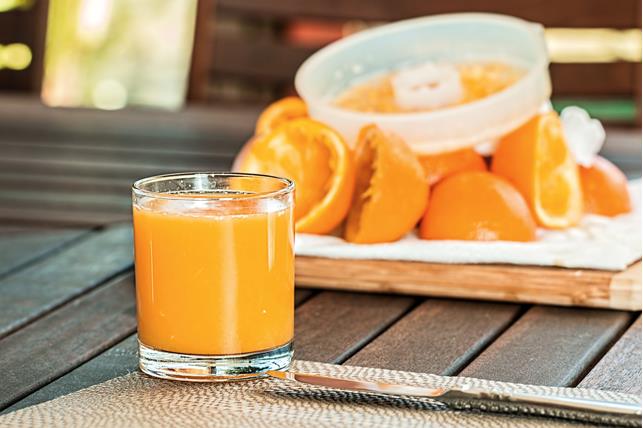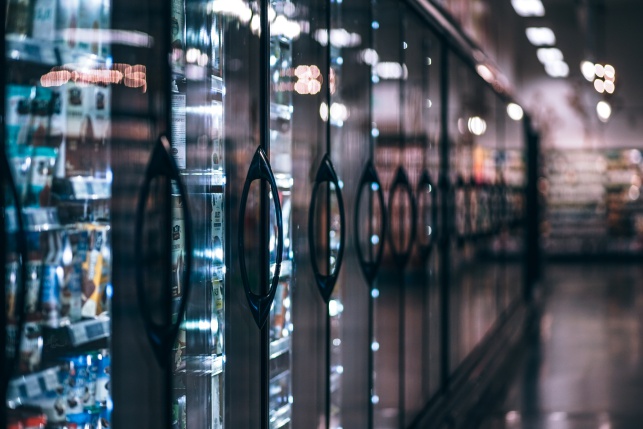Given its numerous health benefits, it is no surprise that juicing has acquired quite a following. Whether you are new to juicing or a juicing enthusiast, you might be wondering about the differences between cold press juicer and centrifugal juice extractors.
Here is an explanation on the differences between cold press juicers and centrifugal juice extractors.
Cold Press Juicers
As the name implies, this juicer operates at lower speeds and gently compresses the fruits and vegetables without any spinning process that will generate heat or friction. This is an efficient way to separate the juices from the flesh of fruits and vegetables, while preserving the enzymes and nutrients. Since the extraction process does not harm the cells membrane of the ingredient, the juices can be preserved longer. A cold press juicer can extract the maximum amount of juices and leaves a drier pulp than centrifugal juicers. This results in juices that are naturally rich in vitamins, nutrients as well as enzymes.
Besides, the motor of a cold press juicer is very powerful yet very quiet in comparison to the centrifugal juicer. The cold press juicer is more versatile as it is able to process fruits and leafy greens, in addition to nuts like almond and cashew. Thus, it should come as no surprise that cold press juicers are more expensive than centrifugal juice extractors.
Centrifugal Juice Extractors
One of the most common types of juicers available on the market and are generally cheaper. When the fruits are pushed into the mesh chamber, the high-speed spinning blade will shred and grind the fruits. The juices will flow down the strainer basket into a container, leaving the extracted pulps behind. A centrifugal juicer is relatively convenient and easy to use. The large feeding chute can accommodate bigger chunks of fruits and vegetables, saving you from the drudgery of cutting them into smaller pieces and reducing the preparation time.
However, centrifugal juicers have some limitations and downsides too. Centrifugal juice extractors are great for juicing soft and hard fruits and vegetables but ineffective for juicing leafy greens such as herbs, wheatgrass and spinach. This kind of juicer produces a large amount of watery pulp waste, resulting in lower juice yield. Also, the fast-spinning metal blade will tend to generate heat, thereby destroying the fruit’s enzymes and nutrients. Thus, the fruit juices need to be consumed within 30 minutes due to rapid oxidation.
Overall, if you are investing in your health, you can opt for the cold press juicer. However, if you are expecting a more affordable equipment, then centrifugal juicer will be the best option. In order to reap the benefits of juicing, it is important to choose the juicer that best meets your needs.



